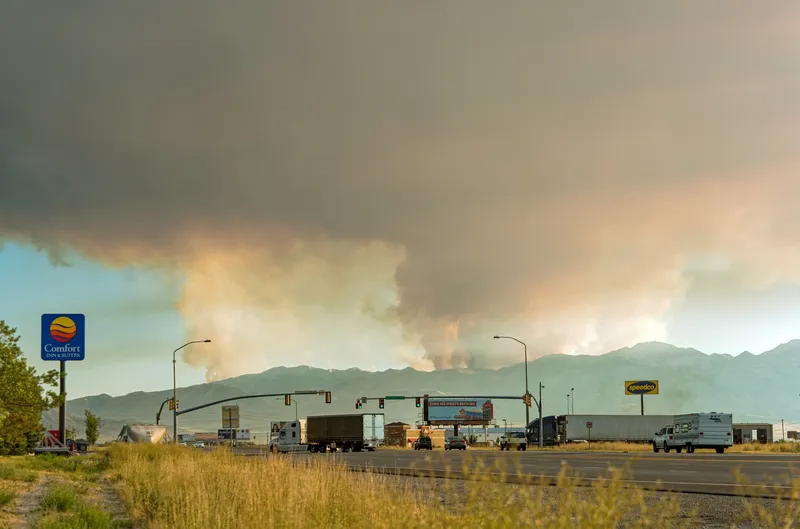Officials in Mandaue City, Philippines are implementing several programs to make it a smarter city to address challenges and opportunities that the Asean economic integration will pose to the local economy.
Among the plans are a traffic management and emergency response scheme, drainage and flooding, an updated comprehensive land use plan (CLUP) and a new investment code, all of which is aimed at encouraging expansion of domestic manufacturing.
November 7, 2013
Read time: 1 min
Officials in Mandaue City, Philippines are implementing several programs to make it a smarter city to address challenges and opportunities that the Asean economic integration will pose to the local economy.
Among the plans are a traffic management and emergency response scheme, drainage and flooding, an updated comprehensive land use plan (CLUP) and a new investment code, all of which is aimed at encouraging expansion of domestic manufacturing.
City administrator James Abadia said Mandaue is heeding the advice of the PPP Institute of Toyo University in Japan to invest in soft infrastructure or smarter tools, particularly in improving traffic management in the city.
“The old ways of monitoring traffic are gone; what we wanted is to take the traffic management system a notch higher given the bad traffic in Mandaue. This new tool will help alleviate the traffic situation in the city,” Abadia said.
Among the plans are a traffic management and emergency response scheme, drainage and flooding, an updated comprehensive land use plan (CLUP) and a new investment code, all of which is aimed at encouraging expansion of domestic manufacturing.
City administrator James Abadia said Mandaue is heeding the advice of the PPP Institute of Toyo University in Japan to invest in soft infrastructure or smarter tools, particularly in improving traffic management in the city.
“The old ways of monitoring traffic are gone; what we wanted is to take the traffic management system a notch higher given the bad traffic in Mandaue. This new tool will help alleviate the traffic situation in the city,” Abadia said.










